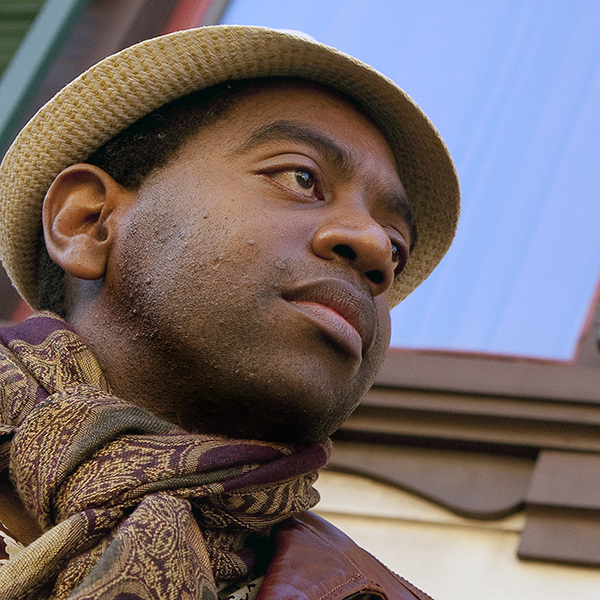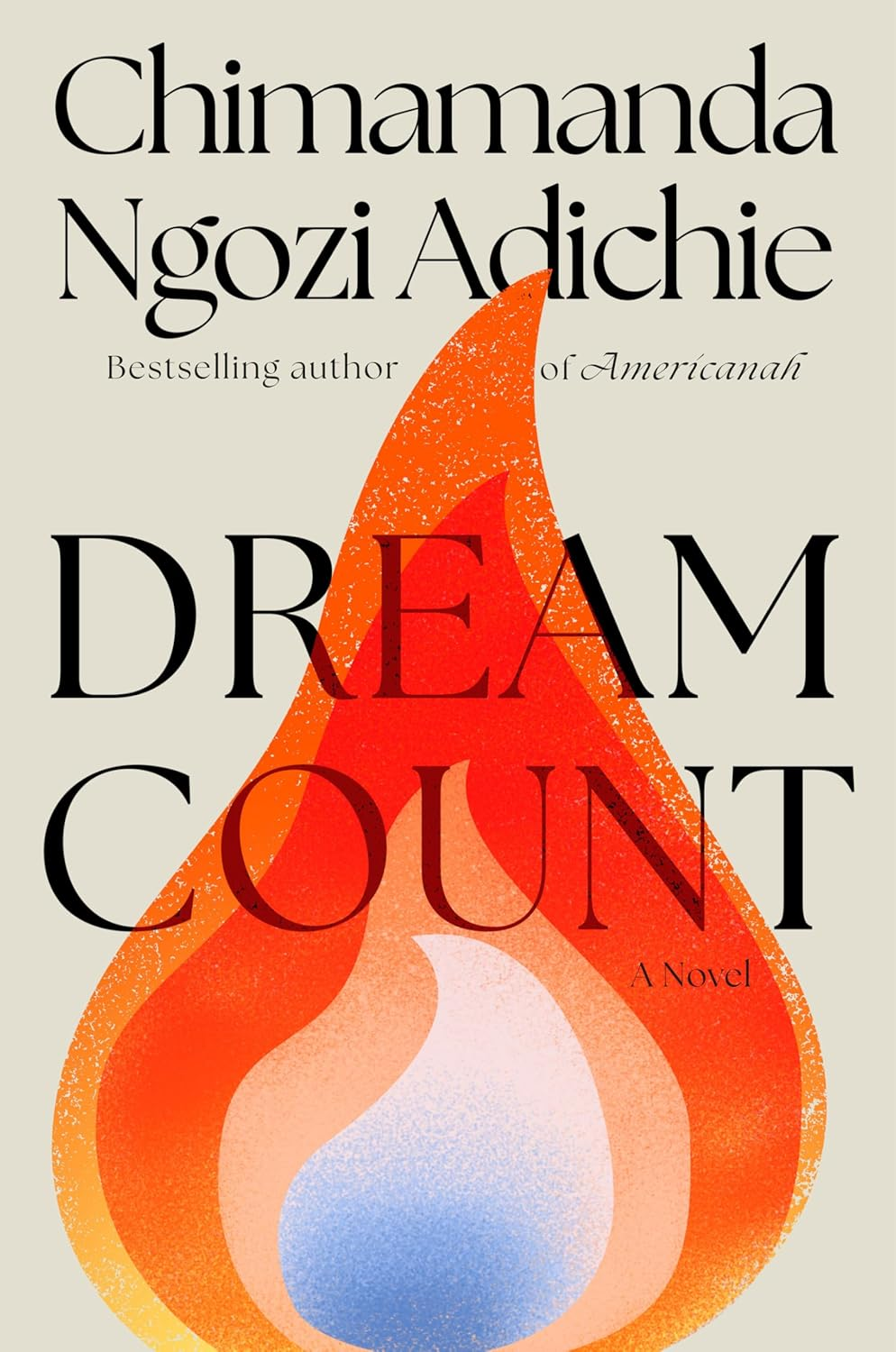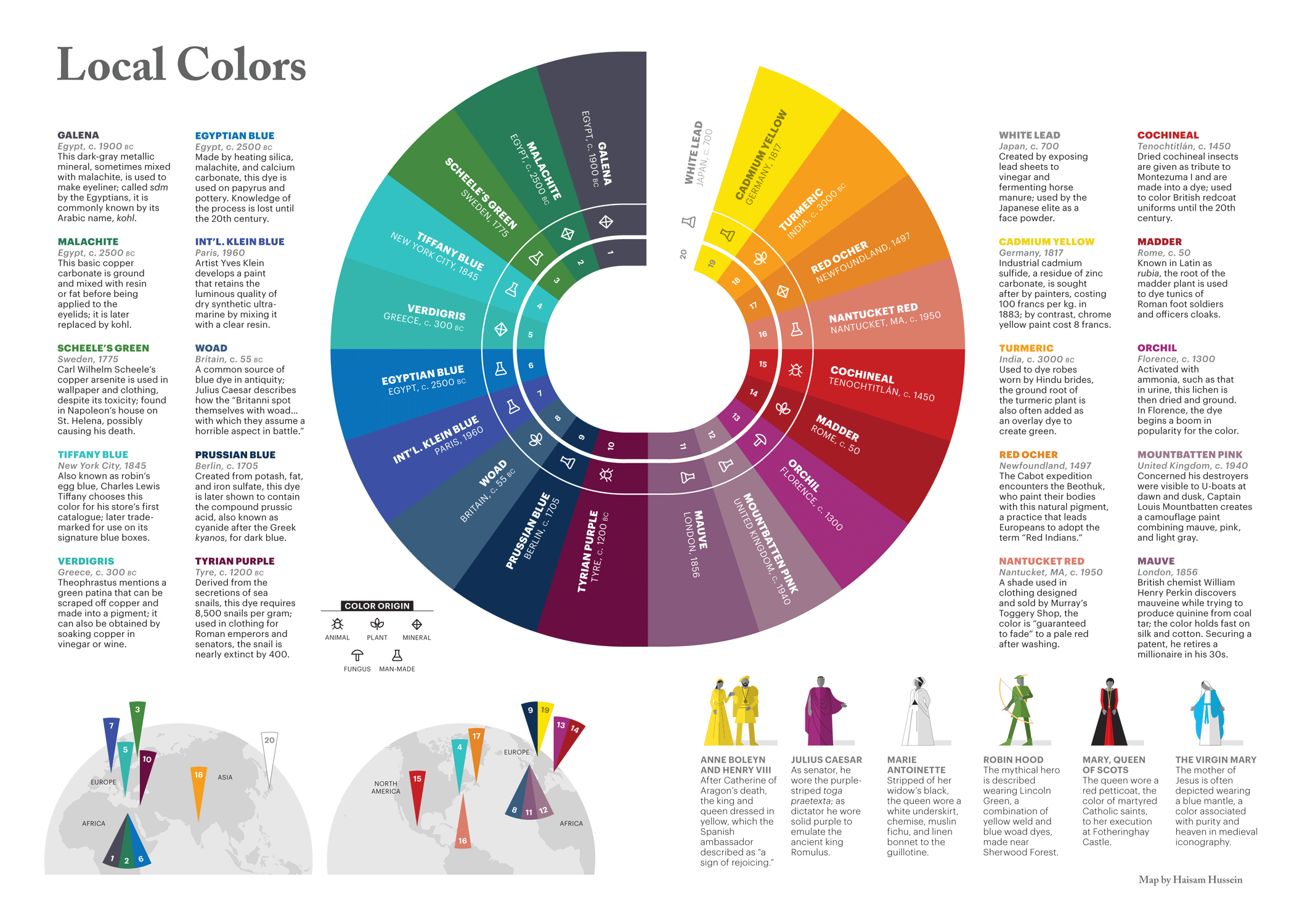Yosvany Terry, the internationally acclaimed musician and composer, is at the forefront of exploring the rich tapestry of Afro-Cuban music and its cultural connections to the music traditions in Benin. Having recently traveled to West Africa and back to his native Cuba, Terry has immersed himself in researching how these diverse musical heritages interlace, revealing the profound influences of the African diaspora on contemporary jazz. As the director of the Harvard Jazz Ensemble, he passionately advocates for the integration of these artistic traditions into education and performance. His upcoming Yosvany Terry performance on May 1, titled “Imaginary Dialogues: Dahomey,” is set to showcase these intriguing artistic intersections, providing audiences with an immersive experience of music that speaks both to history and innovation. Through his pioneering work, Terry not only seeks to celebrate Afro-Cuban roots but also aims to invigorate the understanding of how music transcends borders and echoes cultural identity.
Renowned for his groundbreaking contributions to jazz and Afro-Cuban music, Yosvany Terry embodies a unique intersection of cultural exploration and artistic expression. His recent endeavors in examining the cultural links between the music traditions of Benin and the Caribbean demonstrate a commitment to uncovering the historical influences of the African diaspora on artistic forms. As an educator at Harvard, he plays a pivotal role in shaping students’ understanding of these musical legacies, leading to performances that resonate with the deep connections of cultural heritage. Terry’s engagement through workshops and collaborative events also emphasizes the importance of preserving and celebrating these rich musical traditions. As he prepares for his next performance, audiences can look forward to an event that highlights the captivating dialogue between past and present in the world of music.
The Connection Between Afro-Cuban Music and Benin
Afro-Cuban music, a vibrant genre energized by the rich cultural heritage of the African diaspora, showcases a fascinating intersection of sounds, rhythms, and traditions. Yosvany Terry’s exploration into the musical landscapes of Benin and Cuba unveils a deep-rooted connection that transcends geographical boundaries. In Benin, where centuries-old music traditions persist, it is evident that the rhythmic patterns and grooves of local ensembles have influenced the very fabric of Cuban music. This connection not only provides dazzling musical experiences but also reinforces the cultural resilience of these communities.
His research highlights how the slave trade’s impact on transatlantic musical expressions has been significant. While in Benin, Terry engaged with local musicians who employ musical styles that resonate with the Cuban beats we recognize today. In both cultures, music serves as a powerful form of expression and identity, encapsulating the struggles and triumphs of enslavement, resistance, and cultural pride. By bridging Afro-Cuban music and the traditions of Benin, artists like Terry are preserving crucial elements of history that pulse through contemporary music.
Yosvany Terry’s Impact on Cultural Preservation
Yosvany Terry stands out not only as a performer but as a custodian of cultural heritage. His commitment to keeping alive the music traditions from West Africa and Cuba emphasizes the importance of cultural preservation in the face of globalization and mass assimilation. His performances, particularly those featuring the Ye-dé-gbé ensemble, illustrate how traditional and contemporary music can coexist and flourish. The upcoming performance entitled “Imaginary Dialogues: Dahomey” is a collaborative effort to invoke the histories and stories told through these musical forms, showcasing the intricate dialogue between the past and present.
In the classroom, Terry aims to instill a deep appreciation for the significance of culture and identity within his students. By introducing them to the roots of Afro-Cuban and Beninese music, he empowers a new generation of musicians to recognize their own cultural narratives and influence. By melding educational initiatives like this with performance art, he cultivates a vibrant community where music becomes a living testament to history and a means of cultural survival.
Bridging the Gap: Collaborations Across Disciplines
Through his role at Harvard University, Yosvany Terry champions the blending of music cultures not just within courses but across different academic fields. His collaboration with figures like Demba Ba, exploring the possibilities of using AI in music composition, illustrates how innovative thinking can meld with traditional practices. This intersection of technology and art fosters a deeper understanding of musical traditions that often struggle to find representation in modern formats. By nurturing such interdisciplinary collaborations, Terry inspires students to reimagine the boundaries of music, encouraging them to explore diverse avenues and methodologies.
Furthermore, initiatives like ArtsThursdays exemplify how artistic collaboration can invigorate the Harvard community, forming vital connections between students and established artists. In doing so, Terry provides a platform for students to witness firsthand how different musical traditions can coalesce into inspiring new works. These experiences empower students to explore and innovate, enriching their understanding and appreciation for the cultural narratives that shape not only their music but society at large.
The Evolution of Jazz at Harvard
As the director of the Harvard Jazz Ensemble, Yosvany Terry plays a central role in evolving jazz education at the university. His journey through Afro-Latin music amplifies the diversity within jazz, allowing students to experience the depth and complexity of this genre. Jazz, deeply rooted in African-American culture and influenced by myriad global music traditions, benefits from Terry’s dedication to showcasing its connections to Afro-Cuban music and beyond. This broader lens provides students with a richer education that appreciates the art form’s multifaceted roots.
Under Terry’s stewardship, the program has seen a revitalization, integrating visiting artists and creating rich learning journeys through international trips. These experiences not only enhance technical skills but also foster cultural exchanges that are vital for a comprehensive understanding of jazz. By embracing the influences of various musical traditions, Terry and his students cultivate a true appreciation for the fluid and evolving nature of jazz as it interacts with the cultural landscapes around it.
Diversity in Musical Traditions: A Path Forward
The infusion of diversity into musical education is essential for the future, and Yosvany Terry exemplifies this paradigm shift. His initiatives throughout his decade-long tenure at Harvard showcase the importance of integrating musical traditions from various cultures. By encouraging students to explore the depth of Afro-Cuban music and the historical influences of West African music, he fosters a greater appreciation for the richness these traditions bring to contemporary music scenes.
This diversity not only celebrates historical narratives but also prepares students to navigate an increasingly globalized music environment. By introducing them to the sounds and structures of African diaspora music, Terry cultivates versatility and adaptability in their craft. As students engage with these varied traditions, they also unravel the complex identities tied to these sounds, merging them with their personal expressions and thus paving new paths for future generations of musicians.
The Role of ArtsThursdays in Community Engagement
ArtsThursdays, an initiative spearheaded by the Harvard University Committee on the Arts, serves as a beacon of cultural exchange within both the university and surrounding communities. These events not only highlight the artistic endeavors of faculty such as Yosvany Terry but also actively engage students and the public in unique artistic experiences. Each performance provides an opportunity for audiences to witness the interplay between classical and contemporary music, making it a pivotal moment for community involvement in the arts.
By inviting renowned artists to collaborate and perform, including Terry’s upcoming performances, ArtsThursdays fosters a sense of curiosity and collaboration. The accessibility of these events encourages diverse participation, allowing students to see themselves as part of a larger artistic community. This interaction is vital, as it stimulates new discussions about art’s role in society and encourages attendees to explore their own creative expressions.
Yosvany Terry’s Vision for Future Arts Education
As Yosvany Terry looks toward the future, his vision for the arts at Harvard extends beyond traditional boundaries. He foresees an environment where interdisciplinary collaborations become the norm, fostering a landscape ripe for innovation. By integrating technology, culture, and education, he believes that the arts can elevate not only individual artistry but also contribute significantly to societal dialogues about identity, heritage, and representation.
Building on the foundational principles of cultural respect and exploration, Terry aims to continue expanding the music department’s offerings. His hopes are anchored in attracting a diverse array of visiting artists, thus enhancing the educational landscape. By nurturing an artistic environment rich in cultural influences, he envisions a vibrant community where future generations of artists are equipped to carry forward the legacies of diverse musical traditions.
The Influence of African Diaspora Music on Global Genres
The impact of African diaspora music stretches far and wide, spanning continents and influencing a myriad of genres beyond just jazz. Yosvany Terry’s insights show how Afro-Cuban music and its roots in West African traditions are pivotal in understanding the evolution of music across the Americas. The shared rhythms, improvisational styles, and thematic narratives reflect a dynamic history that continues to shape contemporary music scenes globally.
This exploration of disparate influences reveals the threads that connect musical practices, forging a rich tapestry that highlights cultural exchange and adaptation. By studying these influences, not just in theoretical terms but through direct engagement with practitioners, Terry validates the significance of these cross-cultural connections. Through performances and education, he advocates for a deeper appreciation of the historical contexts that frame today’s musical landscapes, allowing audiences and students alike to recognize and celebrate their inherent complexities.
Connecting Historical Narratives Through Music
Music serves as a powerful vehicle for storytelling and connecting individuals to their histories. Yosvany Terry’s research illuminates the importance of understanding the historical narratives tied to Afro-Cuban and Beninese music. Events like his performance “Imaginary Dialogues: Dahomey” highlight how specific historical accounts and cultural practices can be intertwined into artistic expressions, bridging the past to the present through sound.
As listeners, engaging with these narratives fosters a greater appreciation for the intricate stories behind the music they love. By exposing audiences to the historical significance of African diaspora music, Terry not only educates but also enriches the cultural dialogue that surrounds these vital traditions. It empowers all involved to reflect on their identities while celebrating the multifaceted nature of music as an art form.
Frequently Asked Questions
What impact has Yosvany Terry’s research on Afro-Cuban music had on his teaching at Harvard?
Yosvany Terry’s research on Afro-Cuban music has profoundly influenced his teaching methods at Harvard. By studying the connections between African diaspora music and Cuban musical traditions, he provides students with primary source material, enhancing their understanding of how these traditions persist and shape identities in modern music.
How does Yosvany Terry incorporate music traditions in Benin into his performances?
Yosvany Terry incorporates music traditions in Benin into his performances by connecting his research findings with live music. His performances, including those at ArtsThursdays, blend Afro-Cuban elements with the rich musical heritage of Benin, showcasing the cultural dialogue between these regions.
What is the goal of Yosvany Terry’s opera project related to Afro-Cuban music?
Yosvany Terry’s opera project aims to highlight the life of a significant historical figure from Cuba who opposed Spanish colonial rule. This project integrates themes from Afro-Cuban music, emphasizing the culture’s resilience and the influence of African traditions on contemporary music.
How does Yosvany Terry’s involvement with the Harvard Jazz Ensemble reflect on his commitment to Afro-Latin American music?
As the director of the Harvard Jazz Ensemble, Yosvany Terry emphasizes Afro-Latin American music’s significance by inviting diverse jazz masters and incorporating their influences into the curriculum. This engagement broadens students’ musical experiences and celebrates the richness of Afro-Cuban and Latin jazz traditions.
What role does collaboration play in Yosvany Terry’s teaching philosophy?
Collaboration is central to Yosvany Terry’s teaching philosophy, as evidenced by his joint projects with colleagues across disciplines. By exploring intersections between music and other fields, such as AI in composition, Terry fosters innovative approaches to understanding and creating music within the context of Afro-Cuban and African diaspora traditions.
Why is Yosvany Terry’s performance on May 1 significant for the study of Afro-Cuban music?
Yosvany Terry’s performance on May 1 is significant as it will showcase the research he conducted in Benin and its relevance to Afro-Cuban music. This event not only highlights traditional musical practices but also demonstrates how historical and cultural connections influence contemporary performance art.
In what ways does Yosvany Terry aim to elevate the arts within the Harvard community?
Yosvany Terry aims to elevate the arts within the Harvard community by hosting performances, facilitating artist collaborations, and engaging students with diverse musical traditions. His initiatives, such as the ArtsThursdays program, expose both students and the broader community to rich cultural experiences that reflect the connections between Afro-Cuban music and other global traditions.
How does Yosvany Terry’s work contribute to preserving African diaspora music?
Yosvany Terry’s work contributes to preserving African diaspora music by researching, documenting, and teaching about its cultural significance. His performances and educational efforts inspire appreciation for the traditions that have shaped contemporary genres, ensuring these rich heritages continue to inform future generations of musicians.
| Key Points | Details |
|---|---|
| Yosvany Terry’s Research | Examined links between Benin and Caribbean musical traditions, focusing on jazz’s African roots. |
| Cultural Significance | Missed cultural treasures shared through high-pressured environments, traditions were preserved as acts of rebellion. |
| Educational Goals | Terry aims to share research with students to highlight cultural influences on music and identity. |
| Performance Plans | Upcoming performance on May 1 as part of ArtsThursdays showcasing research connections with live music. |
| Collaborative Projects | Plans to engage cross-departmental collaborations, emphasizing the role of AI in music composition. |
| Future Aspirations for Arts | Terry aims to continue expanding musical traditions at Harvard to foster a diverse and vibrant arts presence. |
Summary
Yosvany Terry is a prominent figure in the intersection of music and culture, using his expertise to enlighten students about the profound connections between African musical traditions and modern jazz. Through his research in Benin and Cuba, Terry not only preserves cultural identity but also enhances education in the arts. His mission is not just about performances; it is fundamentally about preserving history and fostering collaboration across disciplines. As he continues his work at Harvard, the future of the arts and student engagement looks promising.



